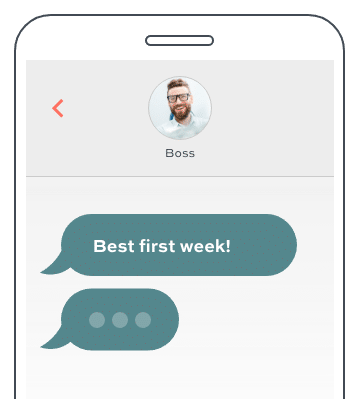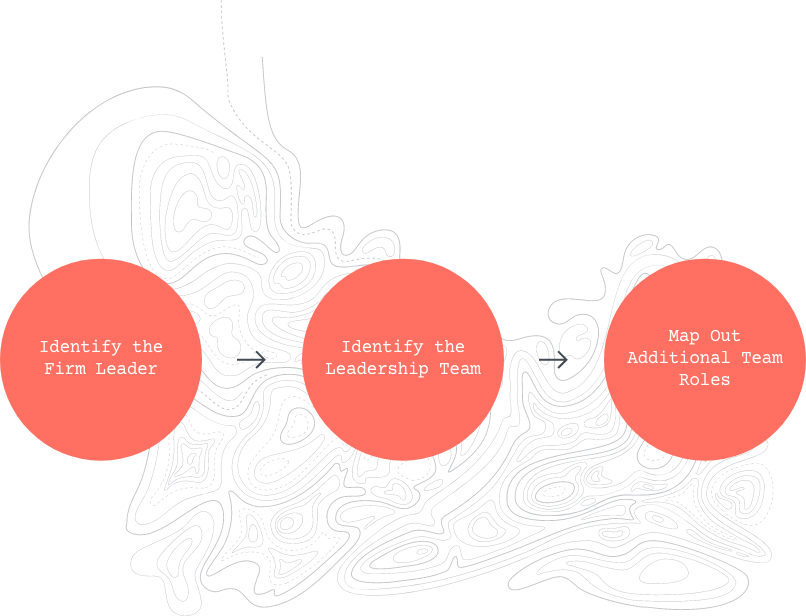Home » Recruit & Support a Healthy Team
Legal product reviews and business guidance from industry experts.
Recruit & Support a Healthy Team
Your Business Is Only As Good As Your People
Is your law firm team excited and engaged, or do they end each workday feeling completely drained? Are you secretly afraid of “managing” and hoping someone else will take care of it? Happy employees are your firm’s secret weapon—they separate you from your competition. Unfortunately for lawyers, this is an area we struggle with the most. Don’t worry. We’ve got you covered.
What we can help you with?




